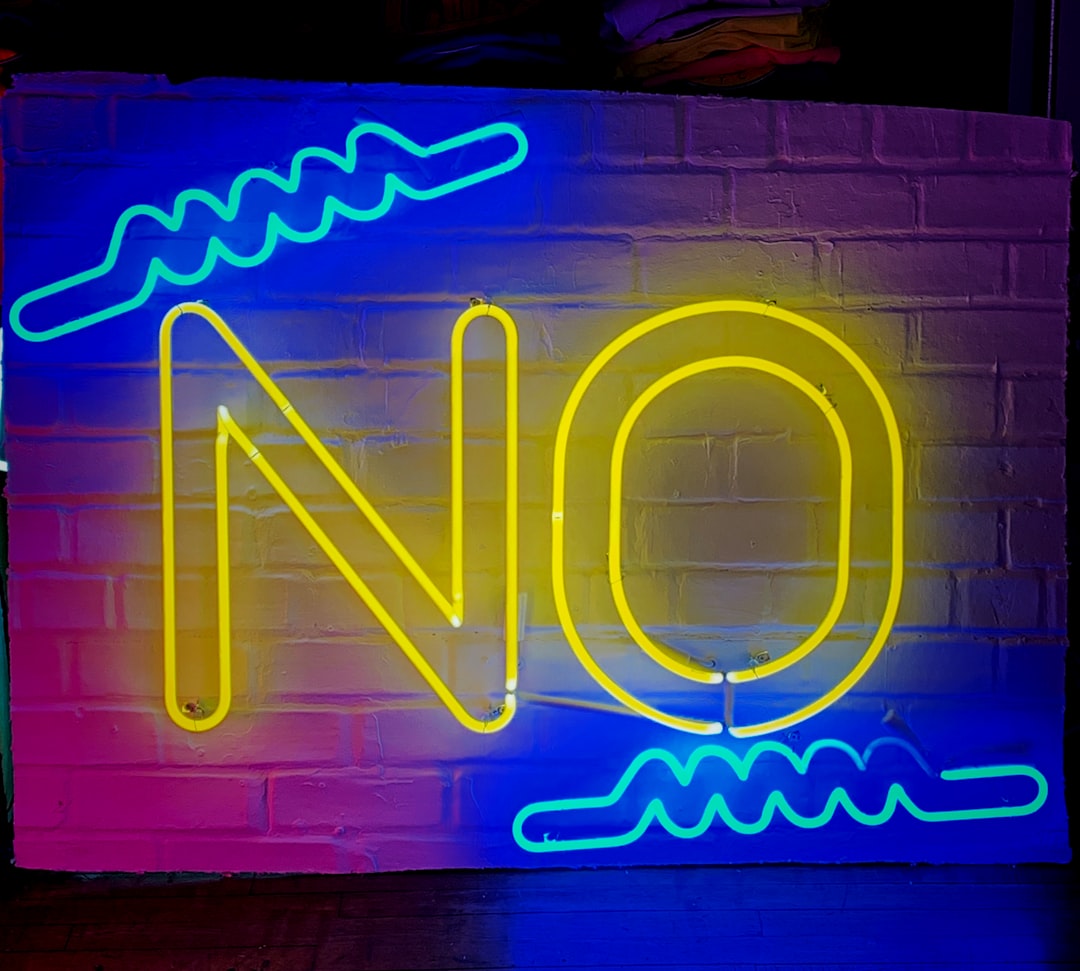Just say no sometimes
I absolutely believe you should make time to meet with folks, even if they won’t directly generate business for you. That’s putting goodness into the world, and it pays off.
As I’ve also written, you should be generous with yourself, taking time off when you need it. But that generosity should extend beyond giving yourself the ability to take sick days. You should also give yourself the gift of saying no sometimes.
If I schedule an initial consultation for Lex Friedman Consulting, I book it for 15 minutes. I don’t know if we’re a good fit for each other yet or if I can help you yet. Fifteen minutes is enough to figure that out, but not so much that one or both of us will resent the time if it turns out there’s no path together. And — assuming neither one of us is booked at a weird 15-minute interval — we can always go long if there’s something there.
Sometimes, though, the other party sends the invite. When I’m expecting a half-hour meeting and you send an hour block — or when it’s an initial consult for which I’d like to limit my obligation to 15 minutes, and you send a 30-minute invite — it’s on me to take care of myself and my time.
That can take several forms, practically speaking. In some cases, I might email you back right away: I’m looking forward to speaking on Tuesday. Just wanted to flag, I’ll only have 30 minutes, but I’m confident we can cover a lot of ground in that time!
In other cases, I’ll simply update you on my required departure time at the start of the call. “Hey, I know you booked this for 30 minutes, but I’m actually limited to 15 today. That should be enough to kick things off, and then we can book a follow-up as needed. Sorry about that!”
Whether I email or simply announce my time limitation at the start of the call is mostly whim-based; I have no specific rule determining which means I use. But I consider this time protection a form of saying “no.” No, I didn’t commit to 60 minutes; no, you can’t have this much time.
Most of us hate saying no. It can feel awkward or mean or unkind. It’s none of those things, done politely. If anything, saying “no” shows confidence — and kindness, at least to yourself. And it’s certainly honest.
Saying “no” shows confidence — and kindness, at least to yourself.
And there are, of course, other times where you have to say no. I’ve had potential clients do the initial meeting, request a proposal, and then want to schedule more time with follow-up questions, or they’ll email me some questions hoping, essentially, for free advice. These aren’t questions about how we’ll work together — they’re questions seeking insights from my areas of expertise.
I don’t work for free.
“I have all sorts of thoughts on this topic, actually! Once we get our agreement signed, I absolutely think we should dedicate some of our hours to discussing precisely this.” I didn’t copy and paste this from my outbox, but I could have.
Don’t write on spec. Don’t make designs for free. In my case, I don’t offer unpaid consulting. Your work has value. Saying no to those who would take advantage of your time or talents is an act of generosity — to yourself.
It won’t cost you business. And in the very rare cases where it could, that’s okay too — you don’t want freeloaders as customers anyway.

Add a comment: